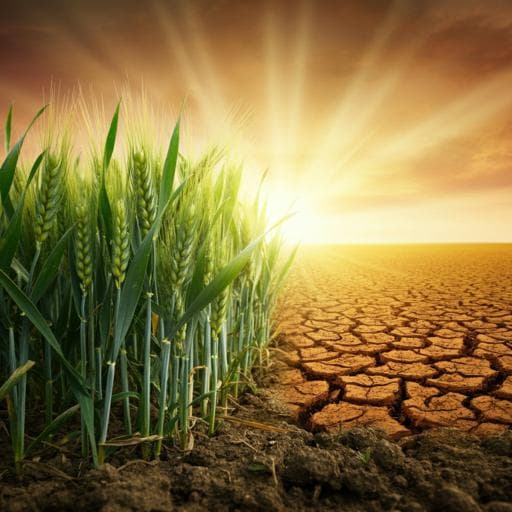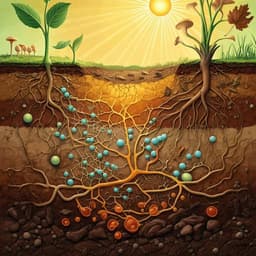
Agriculture
Conservation agriculture improves soil health and sustains crop yields after long-term warming
J. Teng, R. Hou, et al.
This research reveals how conservation agriculture can mitigate the impacts of climate warming on soil health and crop yields, showcasing an impressive 21% increase in soil health compared to conventional practices. Conducted by a team of experts including Jialing Teng and Manuel Delgado-Baquerizo, this study highlights crucial findings for the future of food security.
~3 min • Beginner • English
Related Publications
Explore these studies to deepen your understanding of the subject.







